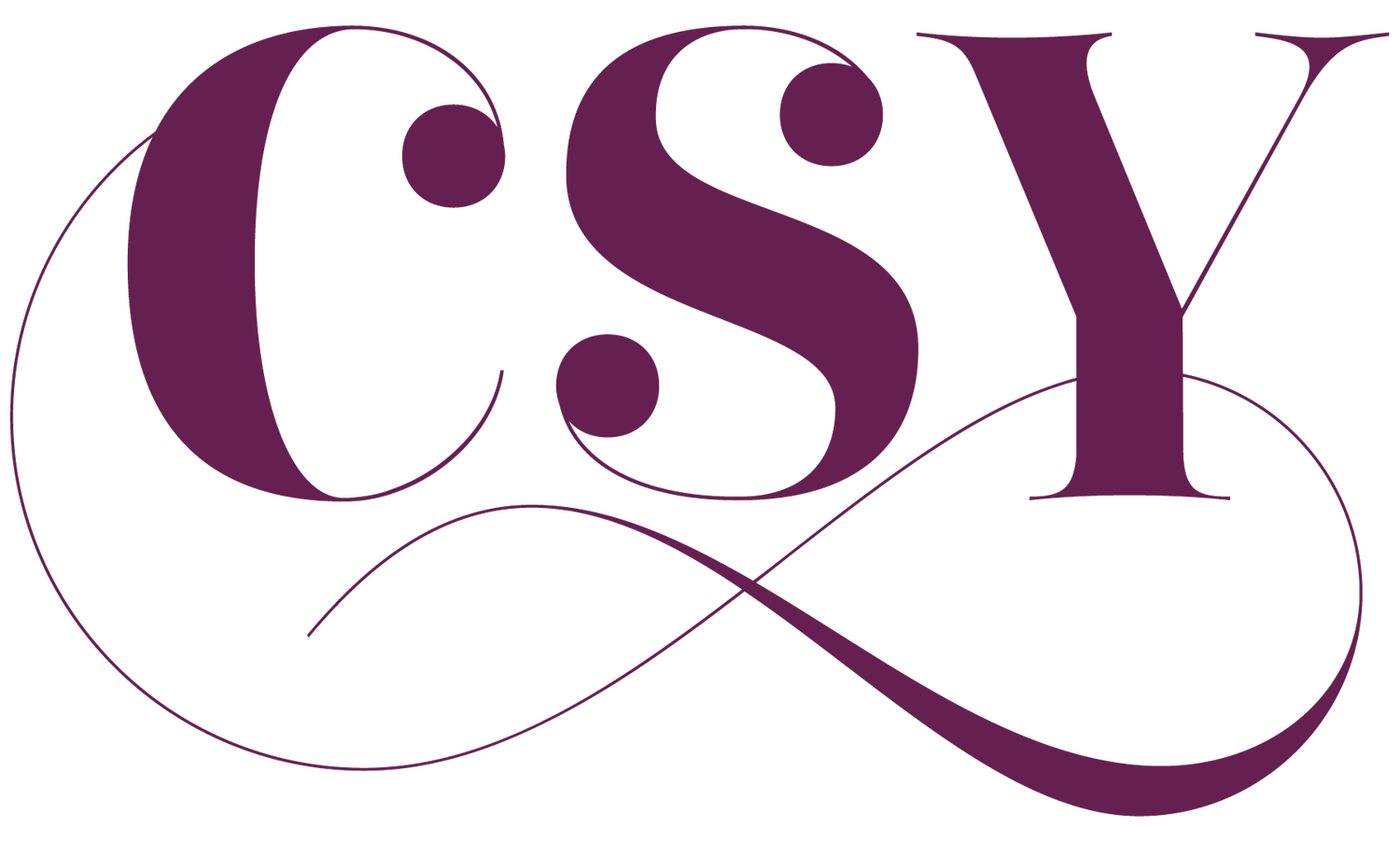When Imagination Falters
photo by Kelly Sell
My best friend is a brilliant psychoanalyst. What this means for me is that, in addition to talking hair, clothes, relationships, current events, and milestones of life, occasionally, I also get some really good therapeutic advice. I left my friend a voicemail last night telling her I have felt exhausted lately and that, while I am functioning quite well and everything on the surface of my life is fine, I recognized the fatigue as a symptom of depression.
This morning, I woke up to her text message: “Depression is inevitable when imagination falters and despair sets in—which seems to be the case as we all lean into, and against, our world tilting on its axis. 2020 is the year of tipping points, with no narrative of restoration left but the one we, as a people and citizenry, are making up for ourselves one day at a time.”
I know enough astrology to explain the fatigue and the tipping points in both Eastern and Western terms. I know enough Jungian theory to know that my feelings are likely collective, as well as personal. I follow the news enough to know that there is plenty about which to feel heart-broken, angry, and depressed. And, I know enough about my own psychology to know that regardless of what Big Picture explanations I assign to my state, I must process my feelings through the vehicle of my body and with a delicate balance of rest, activity, contemplation, and action.
I slept for 12-hours straight last night and, not surprisingly, woke up feeling better than I have felt in days. And since I meditate, exercise, eat well, and practice a solid self-care routine regardless of the ups-and-downs of my life, when I feel low I am generally already doing all the things that are supposed to “help.” So, today, I am contemplating what I reach for when imagination falters…
When imagination falters and despair looms on the inner horizon, I figure that life is inviting me to greater degrees of faith and trust. If I can’t “figure it out,” perhaps I am sitting on the precipice of a new way of knowing— of relating to myself and to the world. When imagination falters, I must go beyond the mind-only mechanisms of analysis, planning, and problem-solving and live in the vulnerable state of responding to life as it is or life on life’s terms.
Mind-only mechanisms, all of which bolster the illusion of control quite nicely, are great when they work. And they work well in many cases. However, in times like these, control-based solutions tend to fall short of what is required for someone like me to live meaningfully.
Don’t get me wrong, I am making some plans— Summer 2020 Asana Junkies begins Wednesday, I am teaching an intermediate/advanced Back Bend Intensive, I am offering two 75-minute classes for folks wanting shorter formats and lower price-points, I am participating in an online meditation retreat next month, and am planning to use the last two weeks of July to be offline and internally-focused. (I’d call it a 2-week staycation, but well, I have been home for months and plan to be here for months to come and “still-staying-cation” just doesn’t have a good ring to it.)
So sure, I am making plans, many of which I hope you will join me for. But within all that planning, there are more unknowns than knowns as we, like my friend wrote, lean into, and against, our world tilting on its axis.
I personally find a lot of strength in prayer.
Years ago, desperate in the throes of a bulimia relapse and unable to find the ground of abstinence, my OA sponsor told me, “Get on your knees every morning and ask your Higher Power to remove your compulsion and obsession. At the end of the day, no matter how well you think your day went, get on your knees and give thanks to God you are still alive.” Her advice sounds pretty old-school when I write it all out, but I did what she suggested and, well, it worked.
I pray for different things today and some of my rituals are fancier now, but the premise and promise of prayer remain a touchstone for me. I have no idea how prayer works , I just feel that it does. And while not every circumstance can be obviously resolved, not every story has a happy ending, and some prayers are answered with a loud, resounding NO, I am often surprised by solutions that are well beyond the capacities of my own intellectual prowess or creativity.
Anne Lamott says there are three essential prayers: Help. Thanks. Wow. When imagination falters and I can’t figure out what is next, help is a good place to start. And when, in the fear of uncertainty, I can find room for gratitude— for my body, my breath, my friends, or my work, thanks provides a doorway to a moment bigger than anxiety. And, when the news cycle is horrifying and the atrocities of oppression continue to unfold, wow exists in small acts of kindness, babies being born, music, puppies, poetry, and the glory of the rising sun.
Not to be confused with new-age notions of silver linings, everything happening for a reason, or never being given more than we can handle, prayer, as I see it, is part of building my capacity to live meaningfully when my imagination inevitably falters. Living meaningfully is not about having a mission statement or an intellectual construct that gives me a stated purpose, plan, or guarantee of salvation. Living meaningfully is simply the way I feel when I am connected to— or even longing to connect to— what lives in my Heart and in the depths of who I am.
Okay, that’s what I have today.
Keep the faith.


